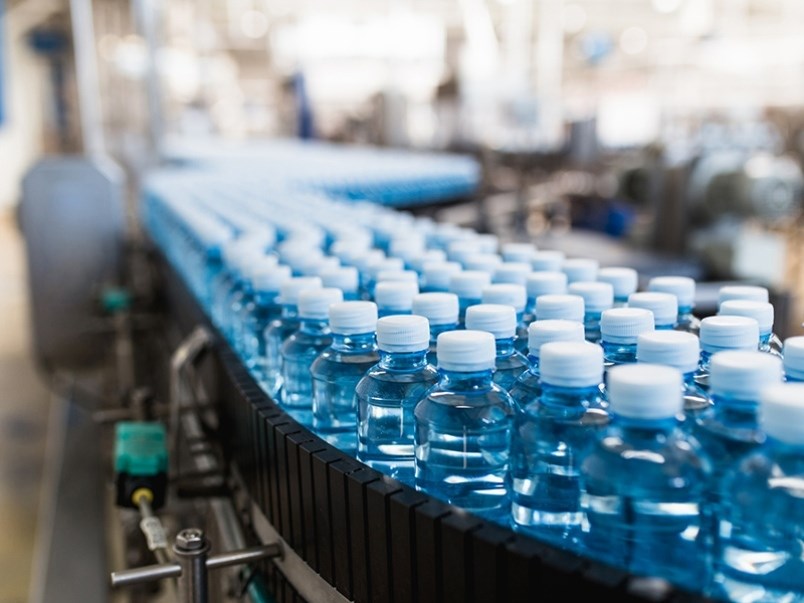qathet Regional District (qRD) board will consider asking staff to put together a report on the prohibition of water bottling.
At the August 11 regional district planning committee meeting, directors reviewed correspondence from Vancouver Island resident Bruce Gibbons, who made the request for a water bottling prohibition.
In his correspondence, Gibbons stated he understands the regional district does not have the framework to implement a land use bylaw for prohibition of the bottling of water. He stated that he believes a policy document might serve the purpose.
Electoral Area D director Sandy McCormick, who made a motion for the staff report, said water is the new gold, it’s very precious and efforts need to be made to protect it. She said the regional district does not have a land use bylaw with zoning and regulations that might universally govern uses on regional district lands.
“We can at least adopt a policy regarding water bottling of groundwater for export outside the regional district and I think it’s appropriate to do so because of the importance of water moving forward,” said McCormick. “While we realize that approval of these projects is not in our purview, it belongs to the provincial government, at least by having a policy in place it makes a stand as to where this regional district feels regarding the issue of bottling water and taking it outside of the regional district.
“I would ask for a staff report regarding a possible policy. It would obviously be tailored for our particular needs. It’s important moving forward.”
Electoral Area B director Mark Gisborne said he concurred with McCormick. He said he would be happy using almost verbatim the Sunshine Coast Regional District policy, which was forwarded to qRD by Gibbons.
Gisborne said he would prefer it to read initially that qRD does not support extraction of freshwater resources from surface or groundwater for the purpose of commercial bottled water intended for export outside of the regional district.
“I would like to remind the assembly and staff who are going to develop this report that there are individuals who do rely on bulk and bottled water when their wells have problems, such as with arsenic, or being dried up,” said Gisborne. “I’d just like to make sure when we do have a policy it still allows for residents to get that water, but just to make it clear that we are not supporting water being bottled and shipped out of the region.”
The committee unanimously carried a motion to recommend to the regional board that a water bottling prohibition study be carried out.



